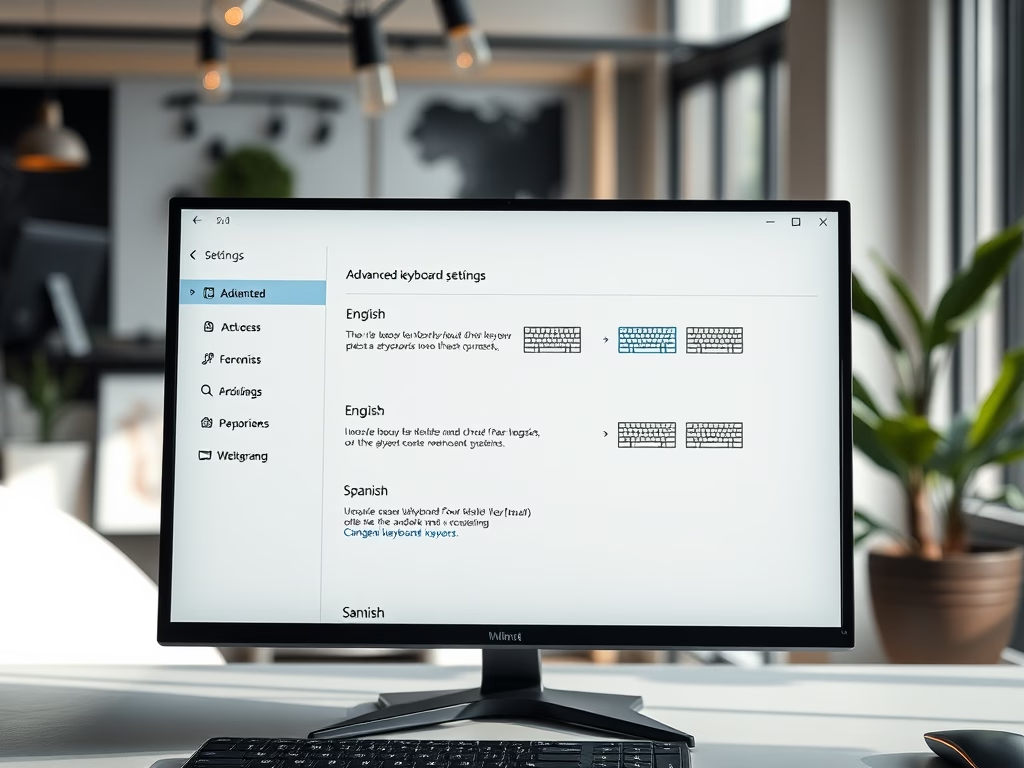This article explains installing MongoDB 8 Community Edition (LTS) on Ubuntu 24.04.
MongoDB is a popular NoSQL database that stores data in a flexible, JSON-like format, allowing for dynamic schemas and easy scalability. MongoDB offers a more flexible way to store data, which is advantageous for applications with changing data requirements.
The document model makes it easier to understand and manipulate data, especially for applications that deal with complex data.
Installing MongoDB on Ubuntu offers a reliable solution for applications that need flexibility, scalability, and performance.
The steps below will install MongoDB 8.0 Community Edition. Select the appropriate version from the version page to install a different MongoDB Community.
Install MongoDB
To begin, please install the following packages to help you set up MongoDB.
sudo apt update
sudo apt install curl apt-transport-https gnupg
Next, import the MongoDB public GPG key.
curl -fsSL https://www.mongodb.org/static/pgp/server-8.0.asc | sudo gpg -o /usr/share/keyrings/mongodb-server-8.0.gpg --dearmor
Then, add the repository.
echo "deb [ arch=amd64,arm64 signed-by=/usr/share/keyrings/mongodb-server-8.0.gpg ] https://repo.mongodb.org/apt/ubuntu noble/mongodb-org/8.0 multiverse" | sudo tee /etc/apt/sources.list.d/mongodb-org-8.0.list
Finally, update and install CouchDB.
sudo apt-get update
sudo apt-get install mongodb-org
Start MongoDB
You can start the mongod process by issuing the following command:
sudo systemctl start mongod
sudo systemctl enable mongod
Verify that MongoDB has started successfully.
sudo systemctl status mongod
The command should output something similar to the one below.
mongod.service - MongoDB Database Server
Loaded: loaded (/usr/lib/systemd/system/mongod.service; disabled; preset: >
Active: active (running) since Fri 2025-03-14 09:43:12 CDT; 3s ago
Docs: https://docs.mongodb.org/manual
Main PID: 16283 (mongod)
Memory: 88.3M (peak: 88.5M)
CPU: 201ms
CGroup: /system.slice/mongod.service
└─16283 /usr/bin/mongod --config /etc/mongod.conf
Stop and restart MongoDB
sudo systemctl stop mongod
sudo systemctl restart mongod
Remove / Uninstall MongoDB
To remove MongoDB from a system, you must delete the MongoDB applications, configuration files, and any directories containing data and logs.
First, stop MongoDB services.
sudo service mongod stop
Then, remove the package and directories.
sudo apt-get purge mongodb-org*
sudo rm -r /var/log/mongodb
sudo rm -r /var/lib/mongodb
That should do it!
Conclusion:
Installing MongoDB 8 Community Edition on Ubuntu 24.04 is a straightforward process that offers a flexible and powerful solution for managing data. Here are the key takeaways:
- Flexibility: MongoDB allows for dynamic schemas, making it suitable for applications with evolving data requirements.
- Scalability: Its document-based approach easily accommodates data growth and changing applications.
- Performance: MongoDB is designed to handle high loads, ensuring efficient performance under various workloads.
- Easy Installation: The installation steps provided are simple to follow, enabling quick deployment of MongoDB.
- Comprehensive Management: MongoDB services can be easily managed with basic system commands for starting, stopping, and uninstalling.
By following this guide, you can successfully set up and manage MongoDB for your applications on Ubuntu.




Leave a Reply